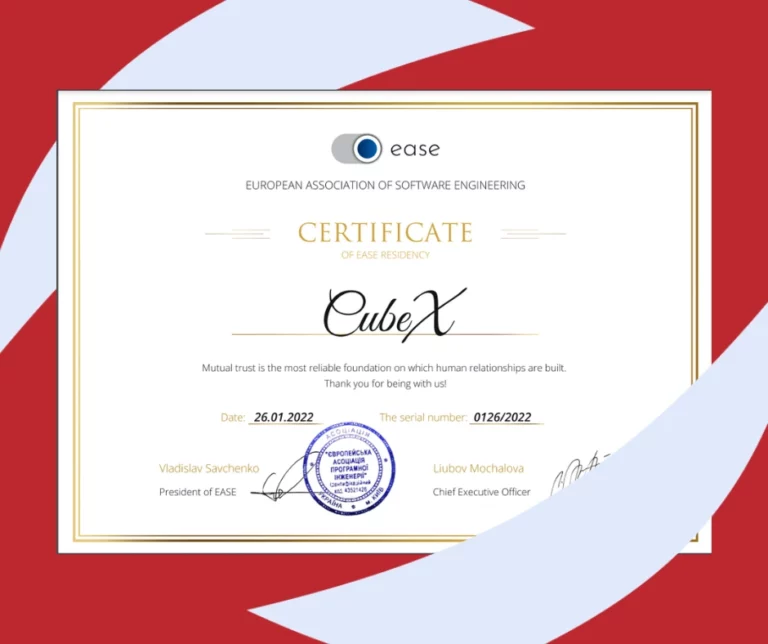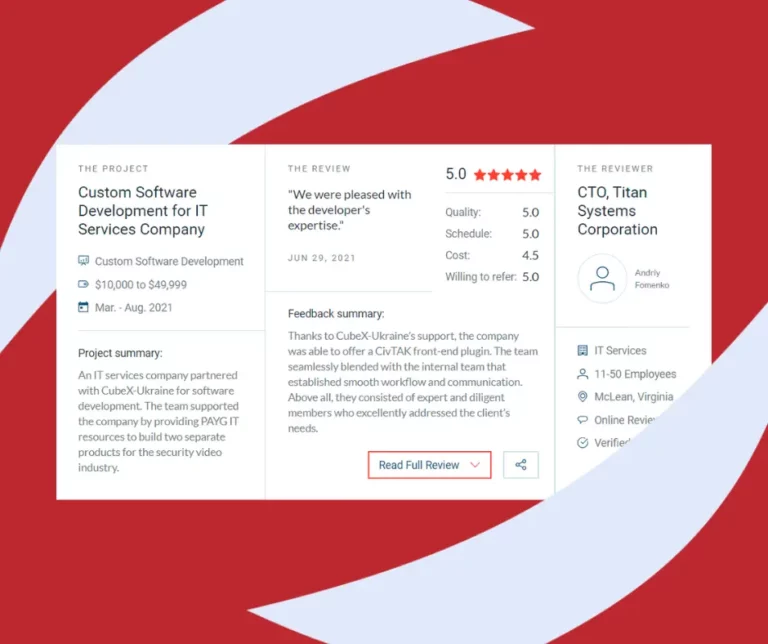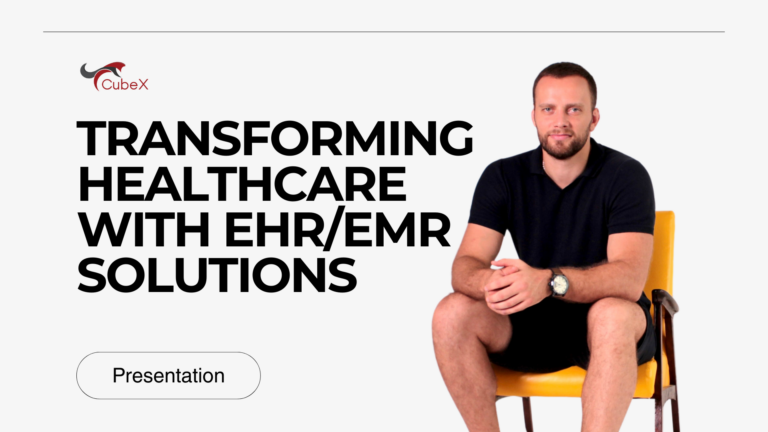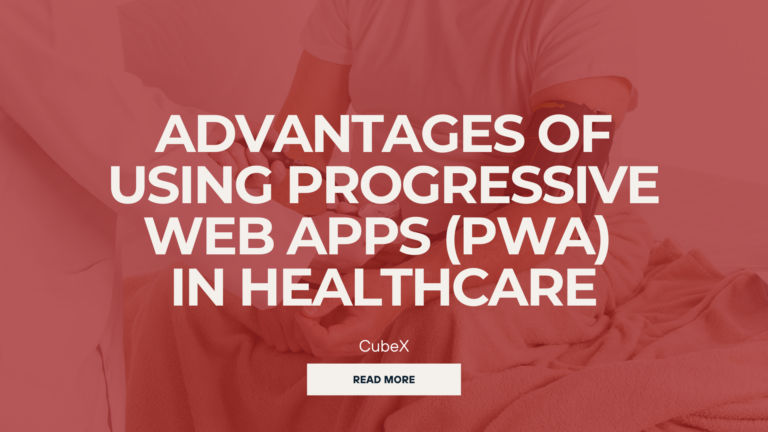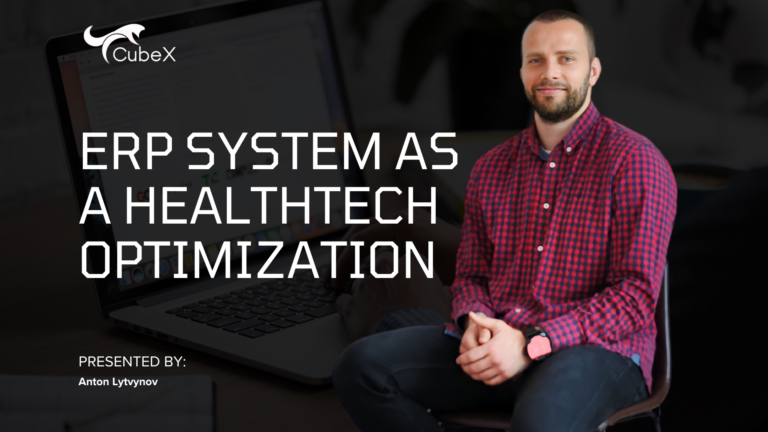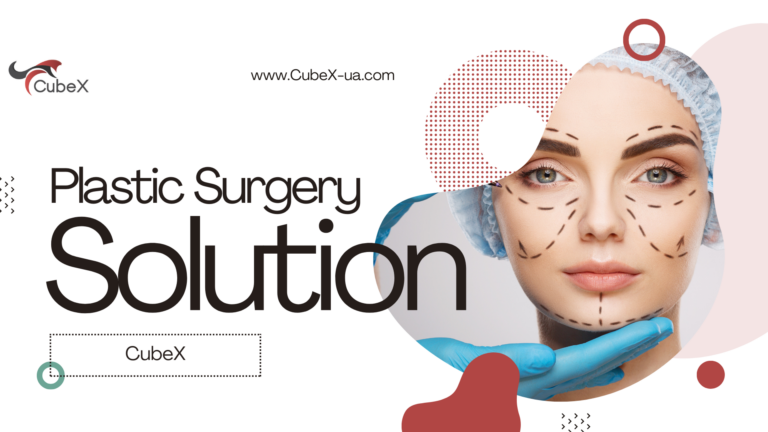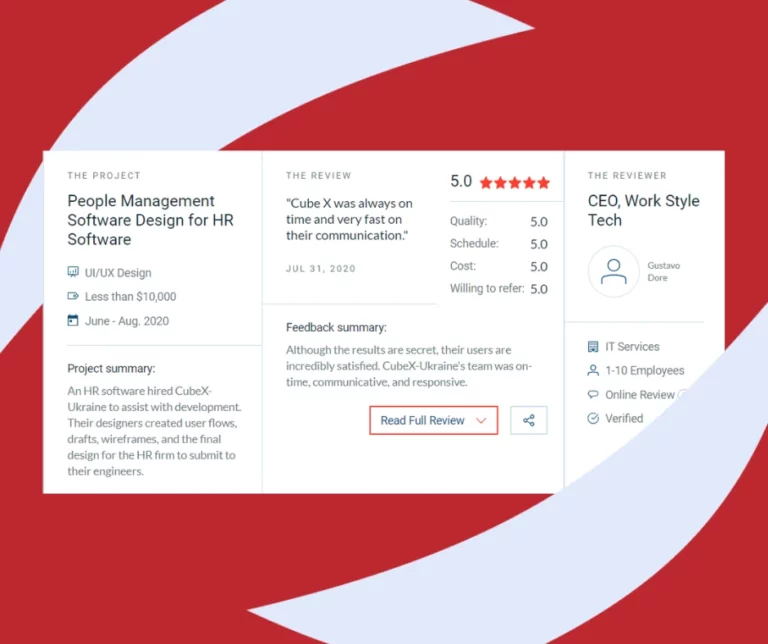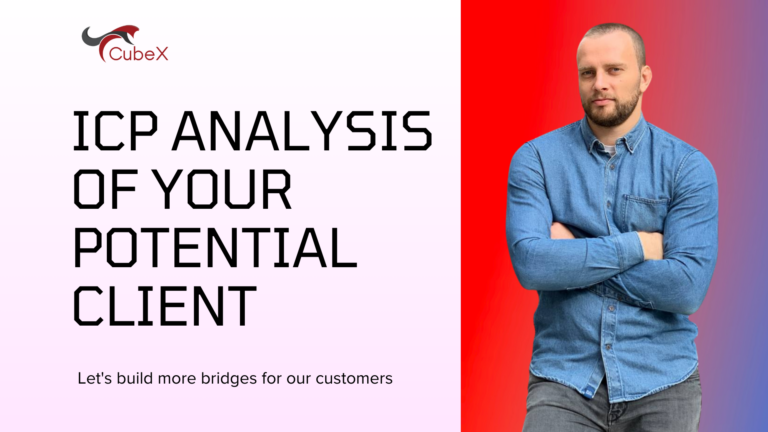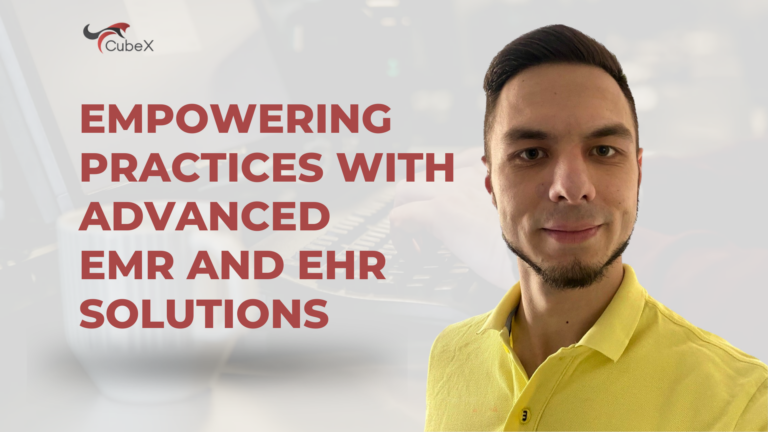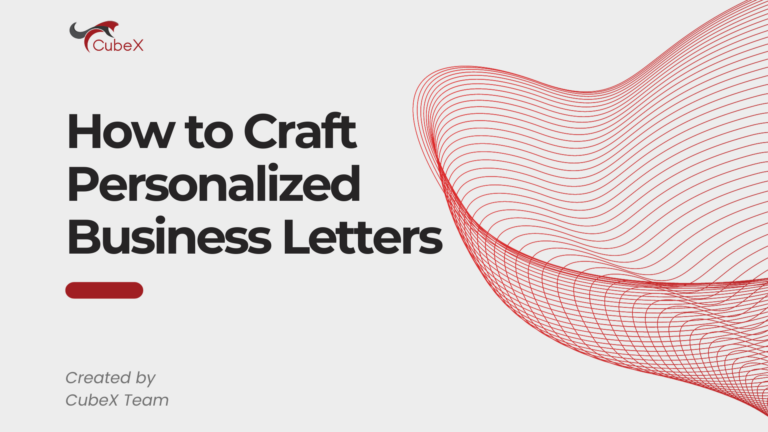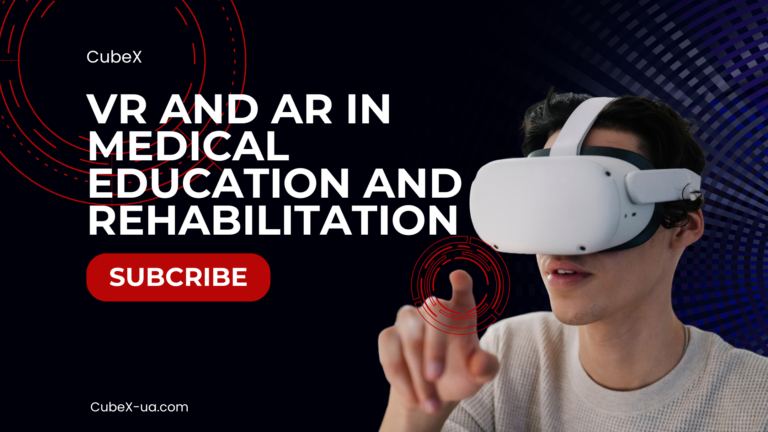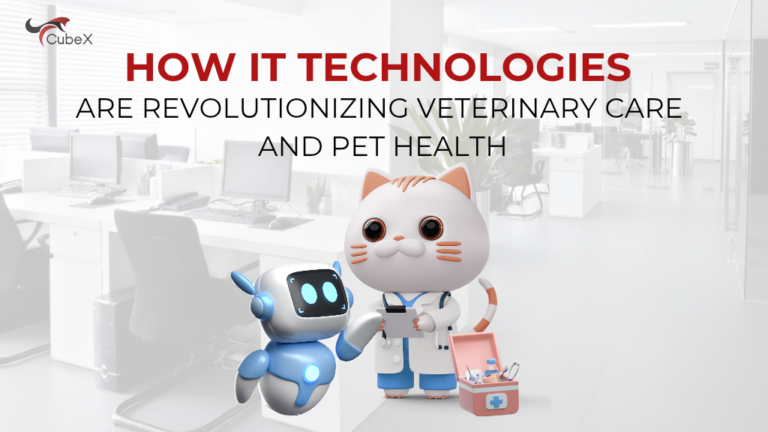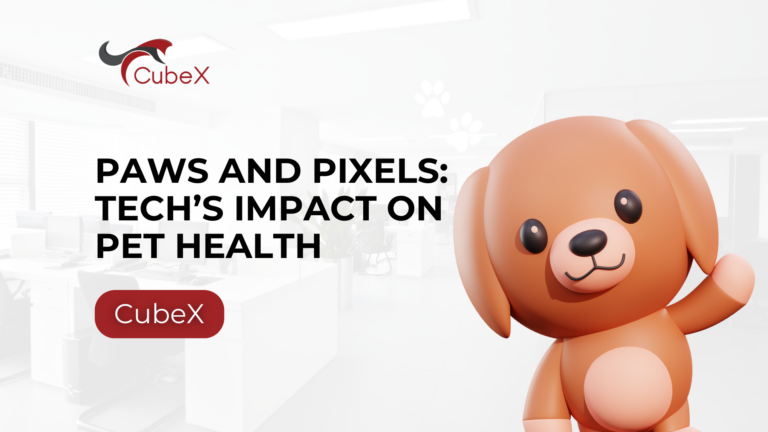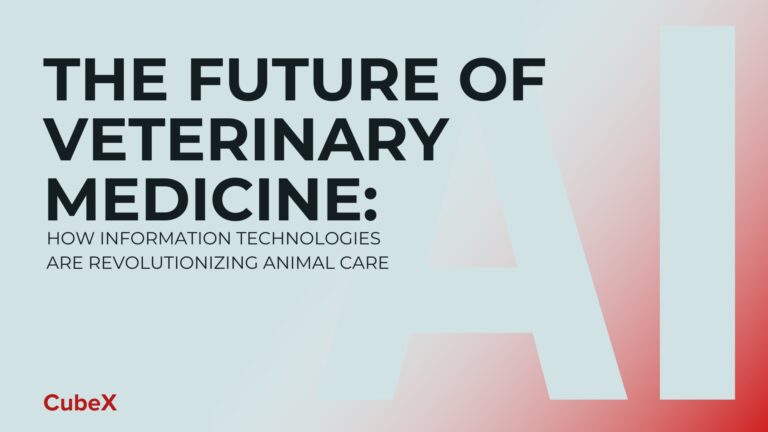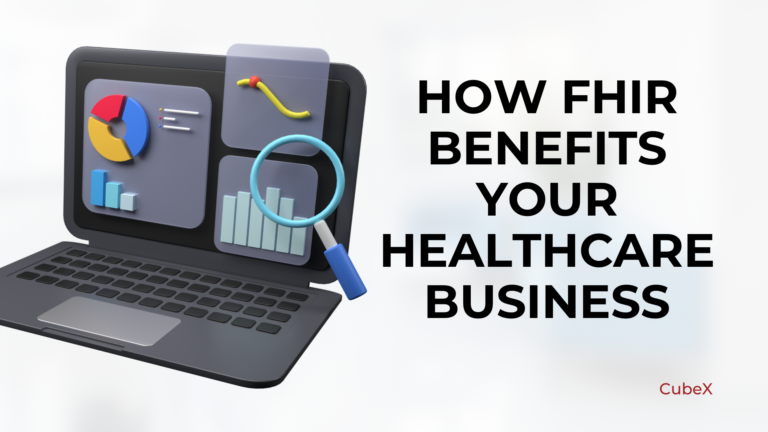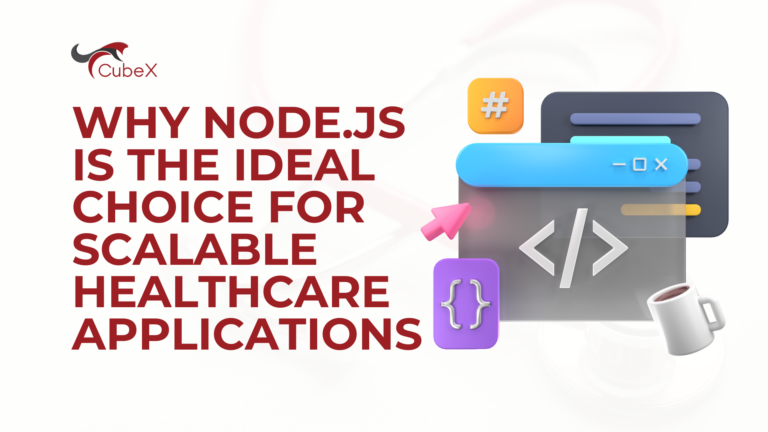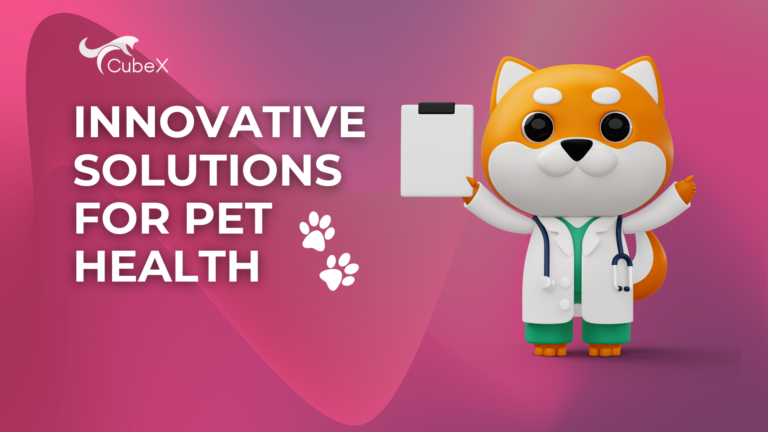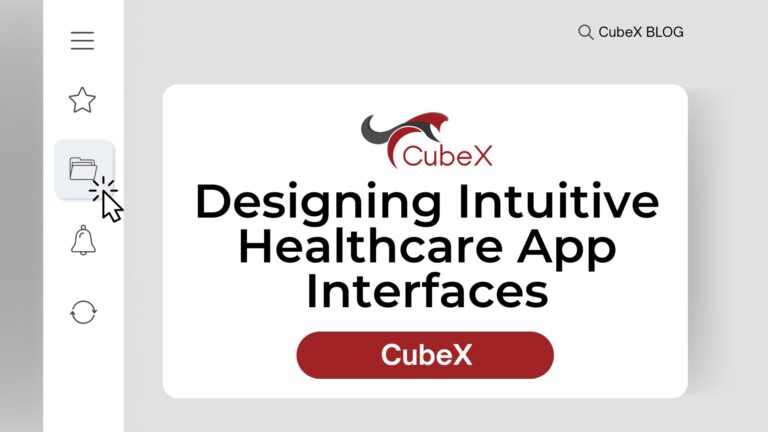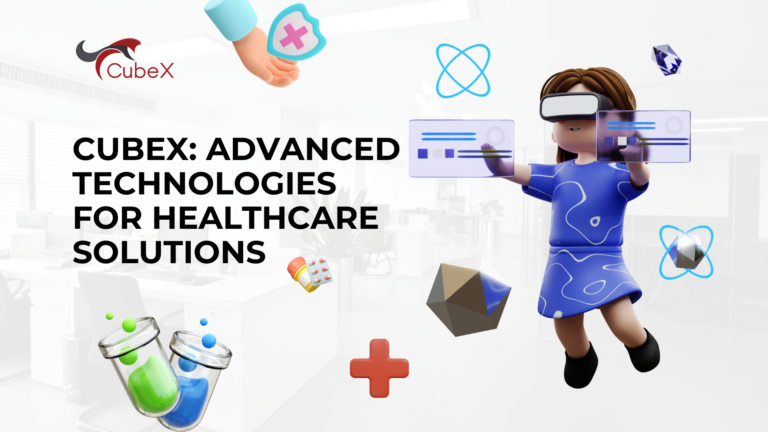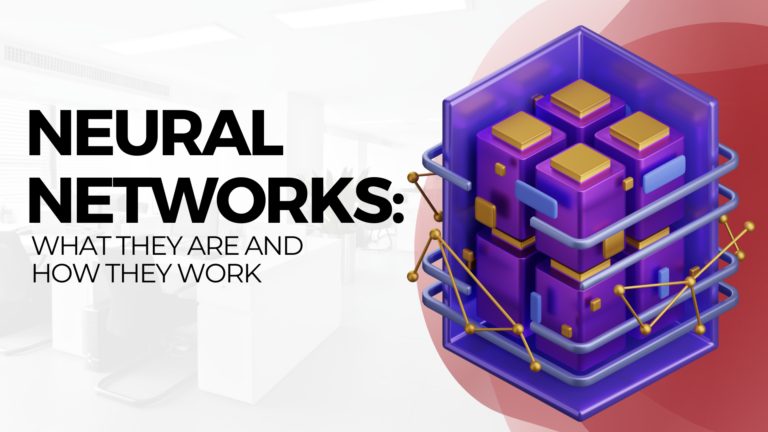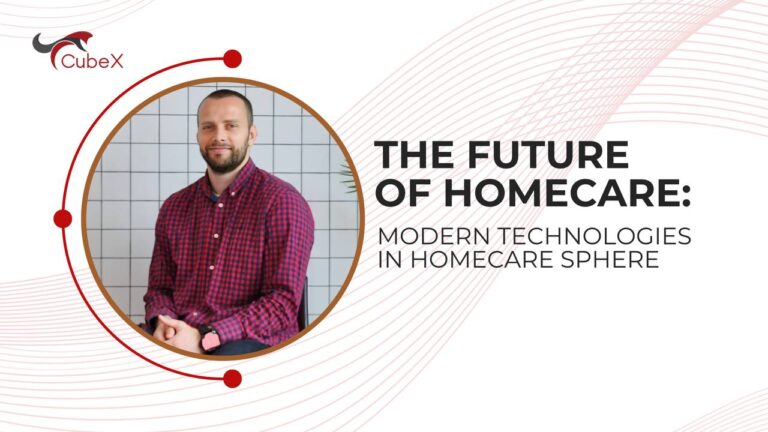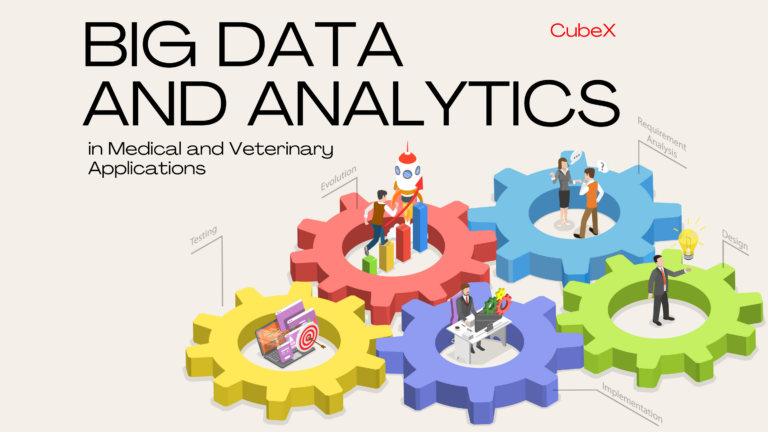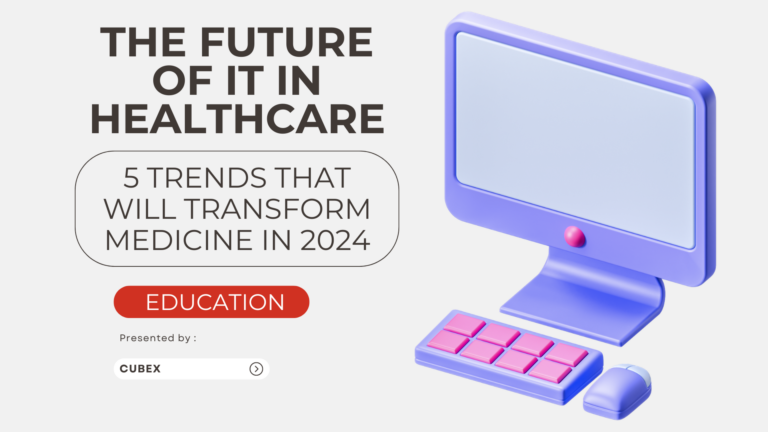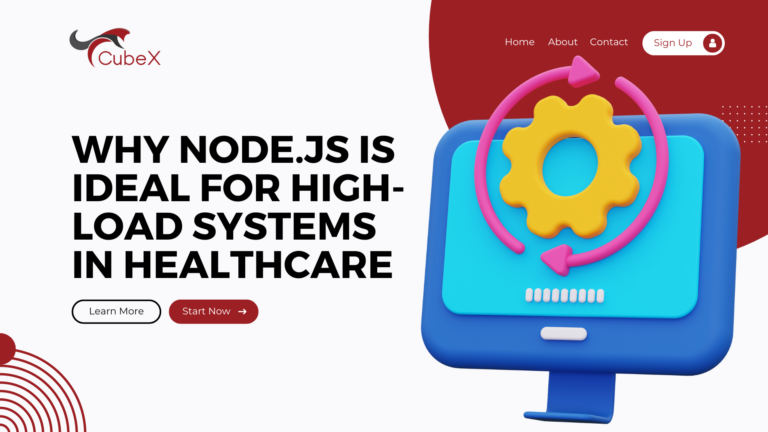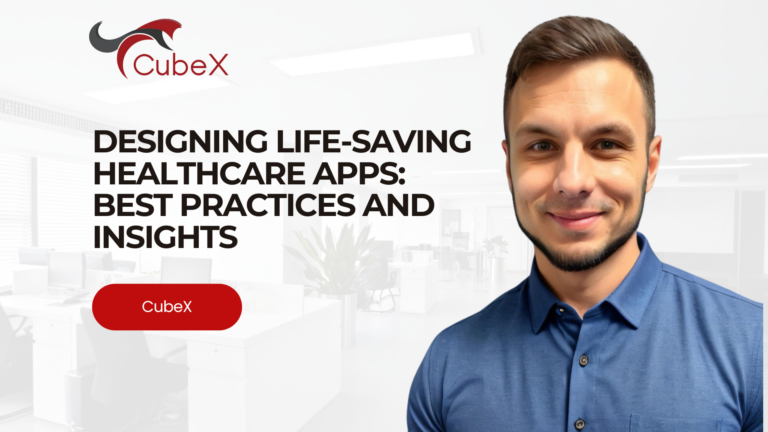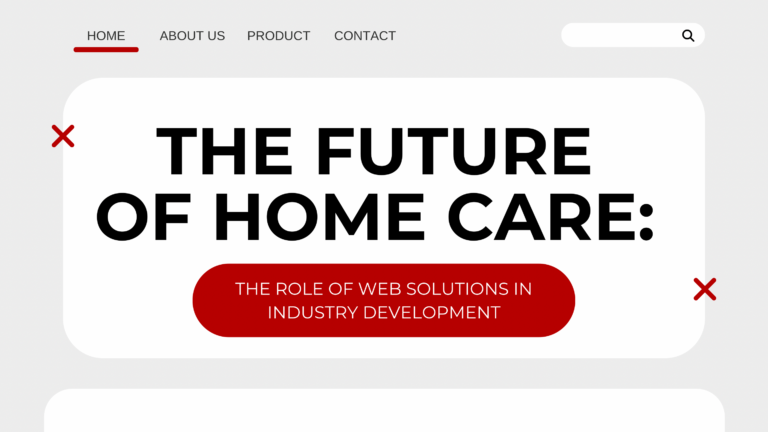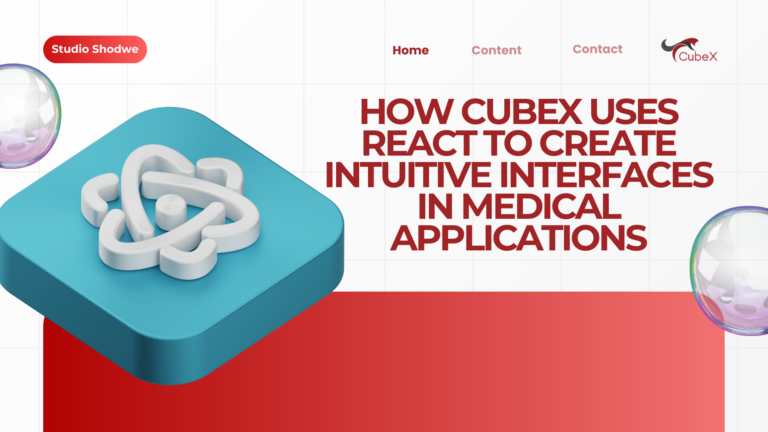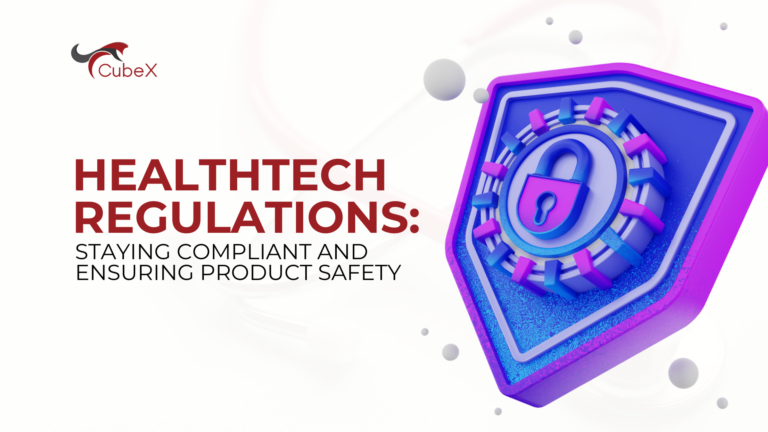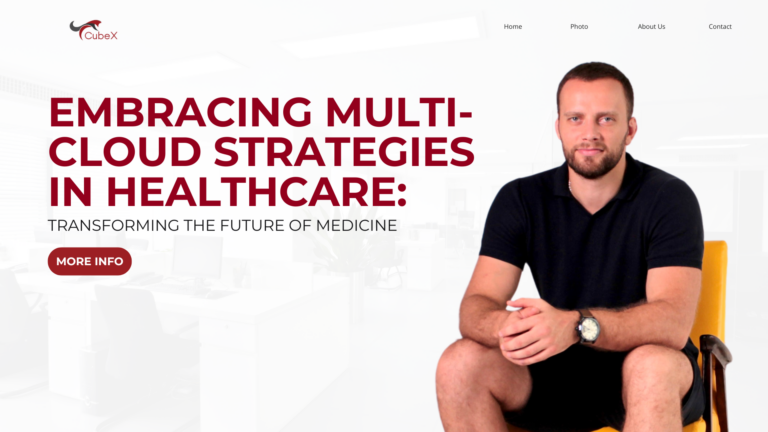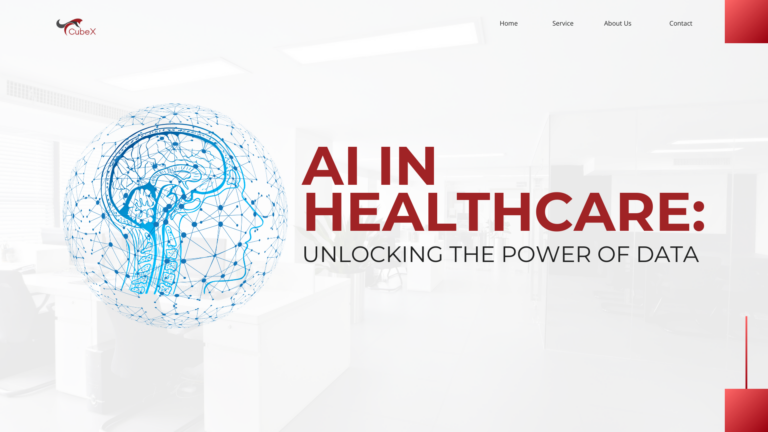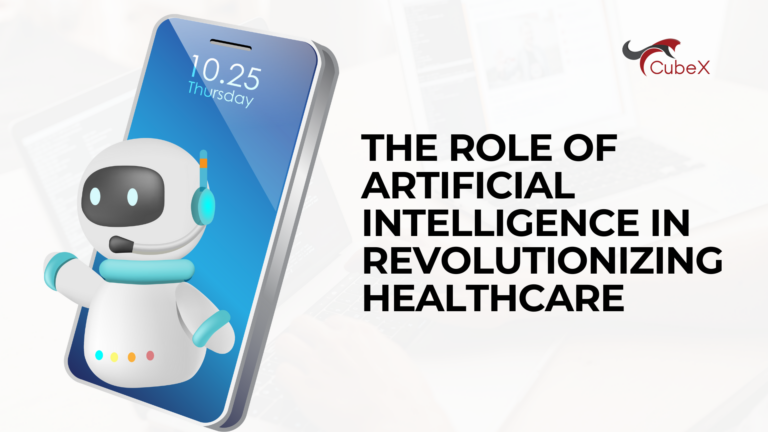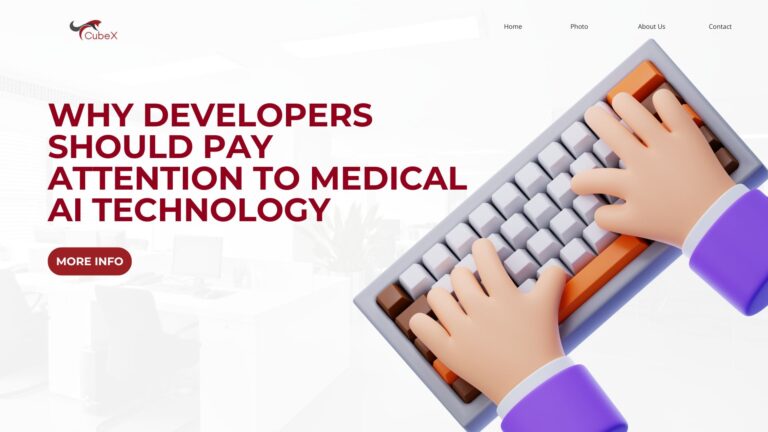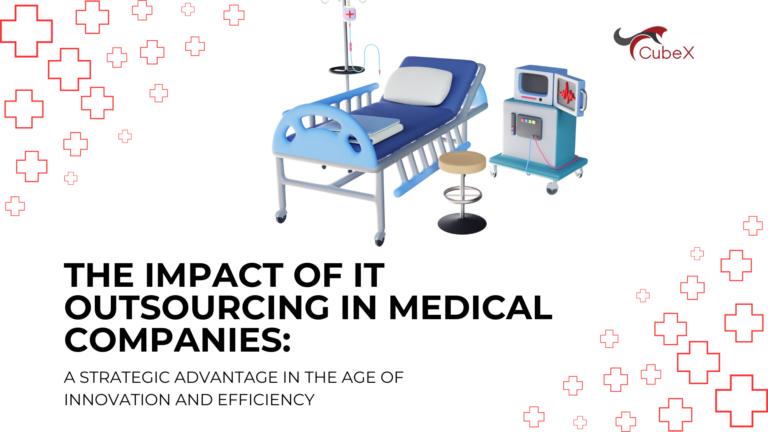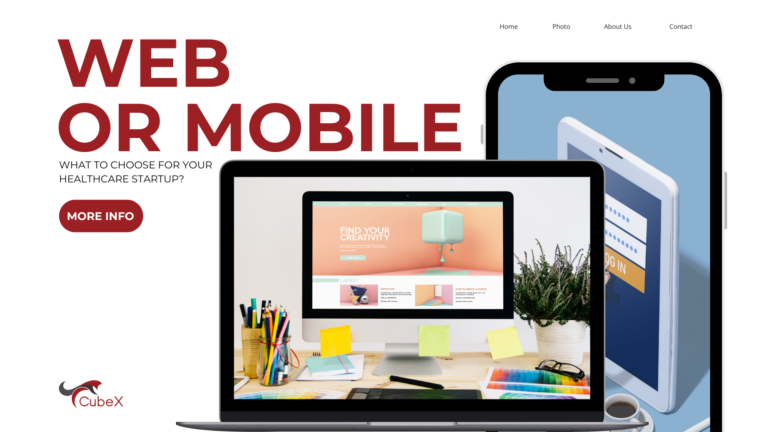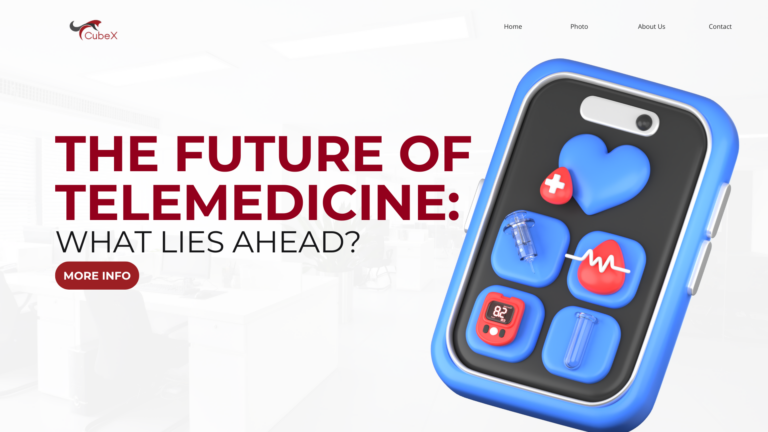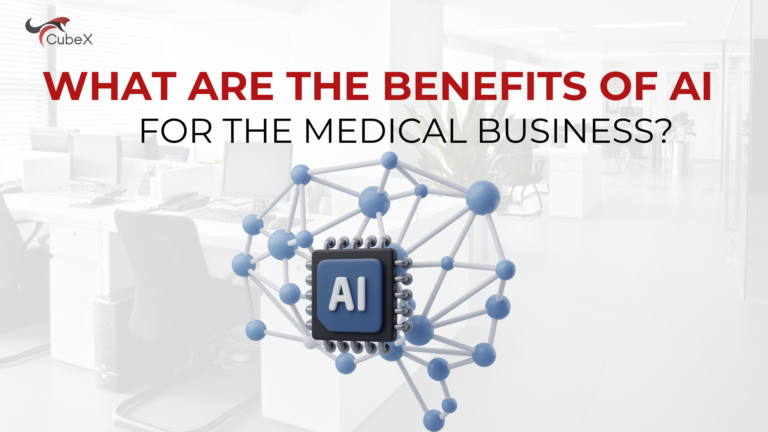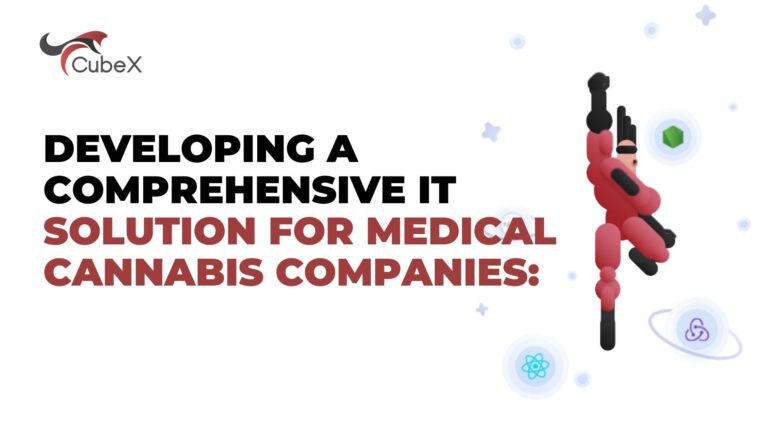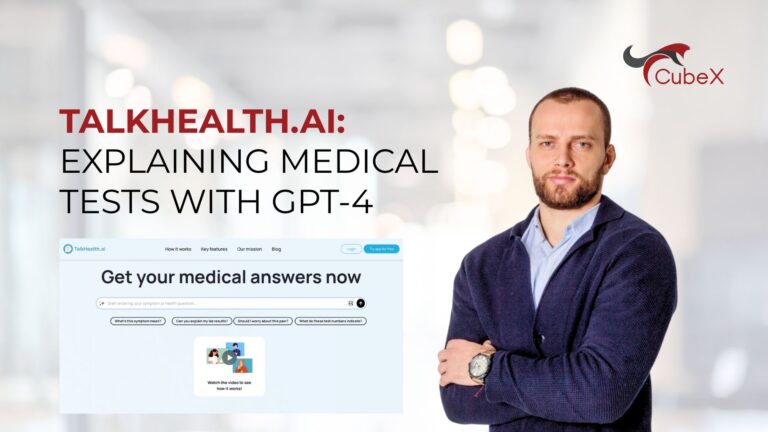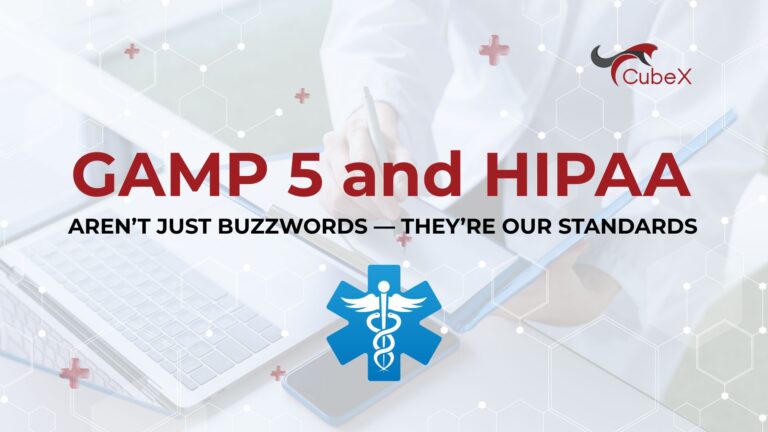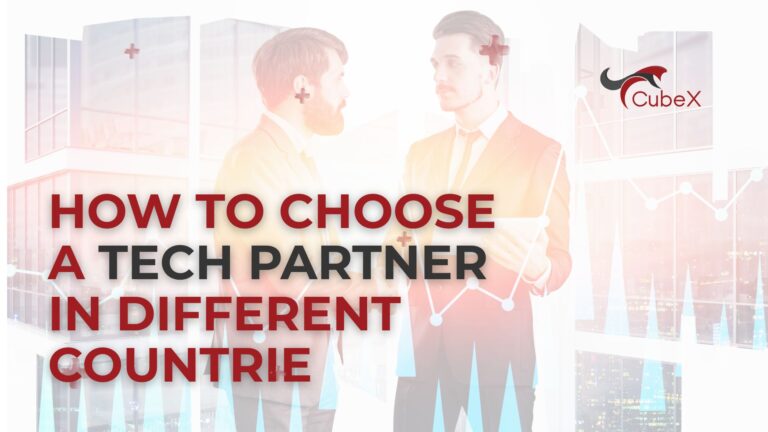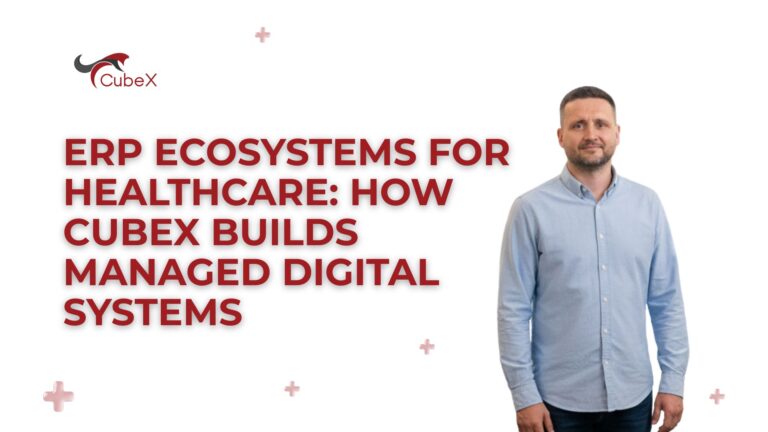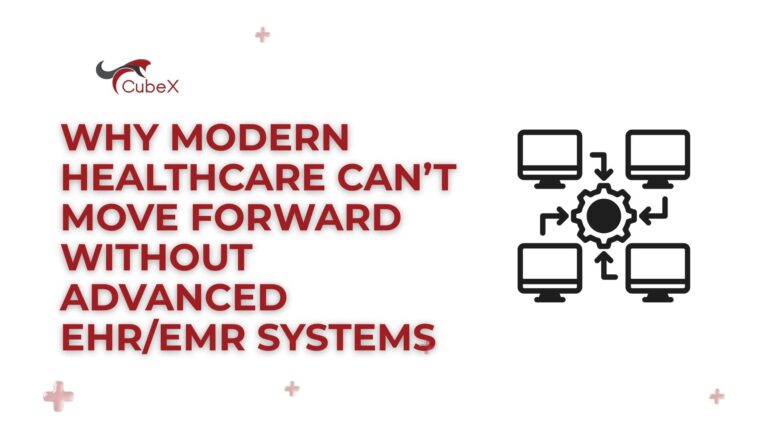Regulations and Standards in HealthTech: How to Stay Compliant and Successfully Grow Your Business
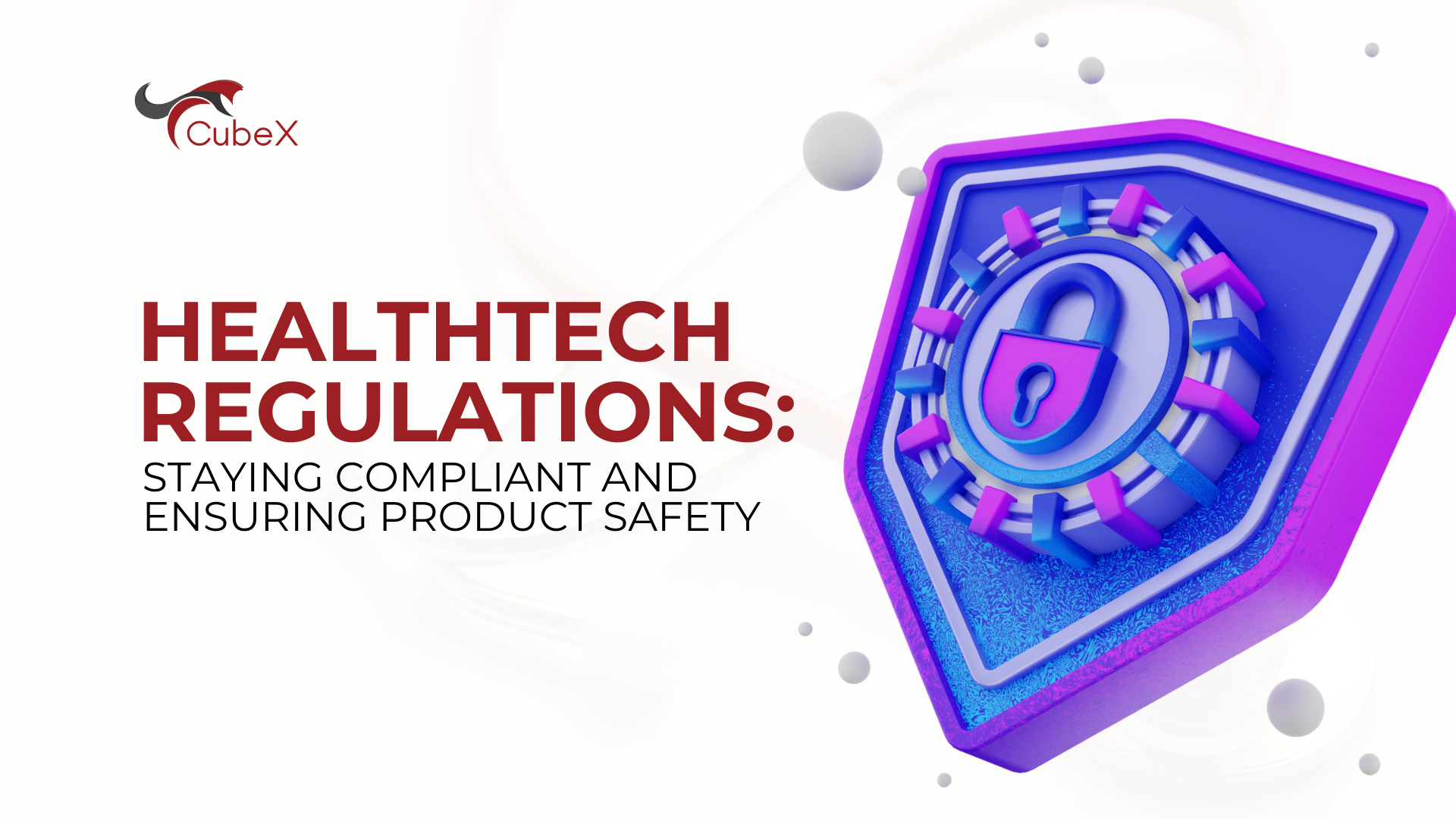
The HealthTech industry is booming. Innovative solutions such as telemedicine, wearable health monitoring devices, digital health apps, and AI-based diagnostics are revolutionizing healthcare delivery. However, with these opportunities come significant challenges related to complying with numerous legal and regulatory requirements.
To ensure that innovations in HealthTech are both successful and safe, companies must adhere to strict laws and standards. In this article, we’ll explore the key legal aspects that help businesses not only stay within the law but also ensure the quality and safety of their products and services.
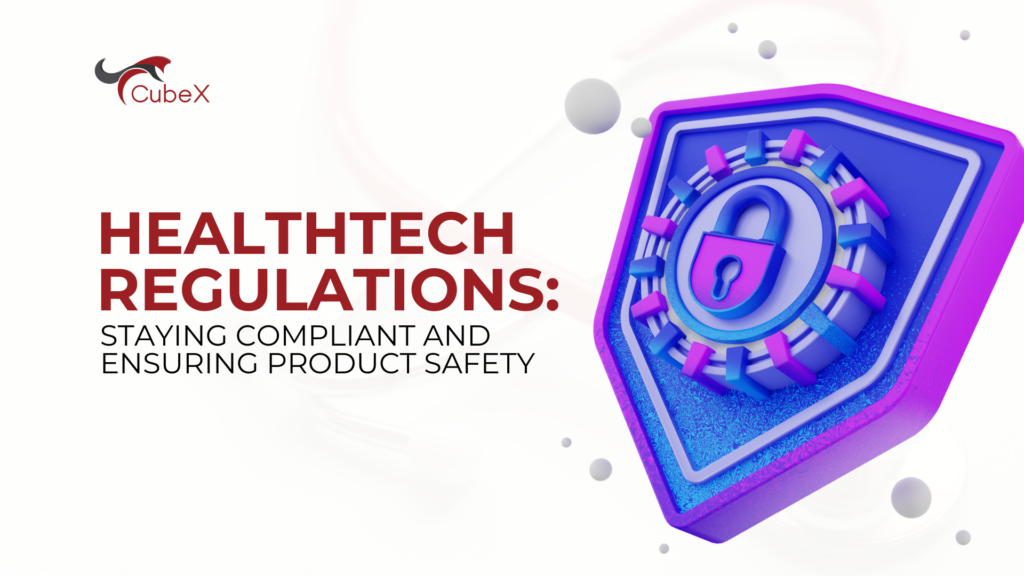
1. Data Protection and Privacy
One of the most critical aspects of the HealthTech sector is safeguarding user data. Health information is considered highly sensitive, and its storage and processing are governed by strict laws, including:
• GDPR (General Data Protection Regulation)
The GDPR is the primary regulation for personal data protection in the European Union, applicable to many international companies working with European users. If your product collects health data, you must comply with GDPR requirements, which include:
- Obtaining explicit user consent for data processing;
- Allowing users to delete their data upon request (“right to be forgotten”);
- Clearly informing users about how their data is collected and used;
- Enabling users to manage their data, such as editing or restricting its processing.
• HIPAA (Health Insurance Portability and Accountability Act)
In the United States, HIPAA regulates the protection of health information. Any company that processes patient data, including medical apps, must comply with its requirements. Key aspects of HIPAA include:
- Protecting electronic personal health information (ePHI) from unauthorized access;
- Collecting only the minimum necessary data to provide the service;
- Strict rules for data breach notifications (e.g., informing users and authorities in case of a data breach).
Risks of non-compliance: Failing to comply with data protection laws can lead to serious consequences, including fines, lawsuits, and a loss of user trust.
2. Safety Standards and Product Certification
Medical devices and software that impact users’ health must meet international standards and undergo mandatory certification.
• FDA (Food and Drug Administration)
In the U.S., the FDA regulates all medical devices, from fitness trackers to complex AI-based diagnostic systems. If your product qualifies as a medical device, it must be registered with the FDA. This process includes several steps:
- Classifying the device according to risk level;
- Preparing documentation for FDA submission;
- Conducting clinical trials to demonstrate safety and effectiveness;
- Regularly updating product information and submitting reports.
• CE Mark (Conformité Européenne)
If your product is intended for the European market, it must obtain the CE mark, confirming compliance with European safety and quality standards. This includes:
- Conducting a risk analysis;
- Evaluating product safety;
- Preparing technical documentation and user manuals;
- Completing a conformity assessment procedure through a notified body.
• ISO 13485
This is an international standard for quality management systems for medical devices. It sets requirements for the design, production, and servicing of medical-related products. Compliance with ISO 13485 enhances trust from regulators and users.
3. Cybersecurity: Protecting Against Hackers and Data Breaches
HealthTech systems are especially attractive targets for hackers due to the vast amounts of sensitive data they hold. Data breaches or hacks can lead to not only legal consequences but also significant risks to patients, especially when it involves medical devices.
Key cybersecurity measures in HealthTech:
- Data encryption: All data, whether stored or transmitted, must be encrypted to prevent unauthorized access.
- Multi-factor authentication: Implementing more robust authentication systems for accessing sensitive data minimizes the risk of breaches.
- Security monitoring and audits: Regular system checks for vulnerabilities help identify and fix weak points promptly.
- Employee training: Human error is one of the main causes of data breaches, so it’s essential to conduct cybersecurity training and briefings for the entire team.
4. Legal Consultations: When to Seek Professional Advice
Getting legal support early in product development can save your business from serious legal problems down the road. Lawyers specializing in healthcare law can help:
- Conduct a product audit to ensure compliance with regulations;
- Draft privacy policies and terms of service;
- Identify potential legal risks related to the product;
- Prepare documents for submission to regulatory bodies.
Proper legal support ensures that your product meets all legal requirements and is ready for market entry.
5. Ethical Considerations in HealthTech
Beyond legal norms, it’s also essential to consider the ethical implications of developing and using healthcare technologies. Here are some ethical issues that HealthTech companies face:
- Transparency of AI algorithms: Users and healthcare professionals need to understand how AI algorithms work and on what basis decisions are made.
- Fair data use: Companies should be transparent about how they use user data and how it is protected.
- Access to technology: Digital health technologies should be accessible to all population groups, including those with disabilities or from underprivileged backgrounds.
Conclusion
Regulations and standards in HealthTech are crucial for the successful and safe development of this industry. Compliance with data protection laws, product certification, and cybersecurity measures will help companies not only avoid legal issues but also build trust with users and healthcare professionals.
If you are developing a product in the HealthTech space, it’s essential to consult with legal experts, certification bodies, and security specialists from the outset. This will ensure that your innovations are not only useful and effective but also safe for users.
Contact Us
Please contact us for any further information




